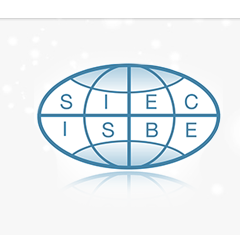Abstract
Experiential entrepreneurship education is consistent with resource-based theories of entrepreneurship, which, among other things, regard the impacts of education and experience on entrepreneurial outcomes. Hands-on educational programming is a reification of such theoretical work, combining both of those elements. Such programs often utilize a coaching or mentoring approach, with the expectation that practice under the guidance of a qualified mentor develops the resources and capabilities the entrepreneur may leverage to perform entrepreneurial activities successfully and consistently. Specifically, entrepreneurship literature points to entrepreneurial self-efficacy (ESE) as well as confidence in the business and commitment to entrepreneurship as impactful elements in the entrepreneur’s bringing an idea to fruition and to venture performance (Trevelyan, 2009). Related pedagogical research indicates that teaching theory-based competencies, rather than exclusively providing prescriptive or technical solutions, is important to student success. In educating and training aspiring entrepreneurs, our discipline requires a blended framework for encouraging entrepreneurial persistence among students as nascent entrepreneurs. Following resource-based literature, we assert this outcome may be accomplished through the development of resilience and ESE as personal resources, and that resilience may be taught using theory. Thus, we draw on the resource-based theoretical stream and the constructs of entrepreneurial resilience and persistence to propose a theory-inclusive pedagogical model with practical implications.
Recommended Citation
Carriker, Joy H. and Mayo, David H.
(2021)
"A Framework for Developing Nascent Entrepreneurs: Entrepreneurship Education’s Kobayashi Maru,"
International Journal for Business Education: Vol. 161:
No.
1, Article 4.
DOI: https://doi.org/10.30707/IJBE161.1.1648090824.248879
Available at:
https://ir.library.illinoisstate.edu/ijbe/vol161/iss1/4

